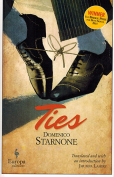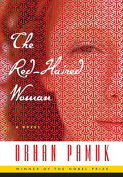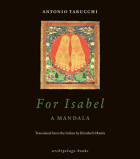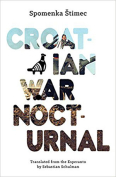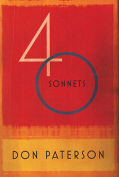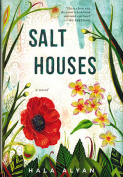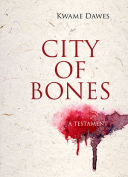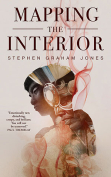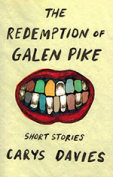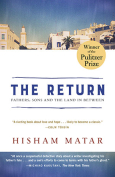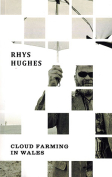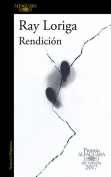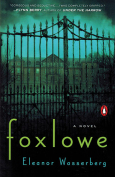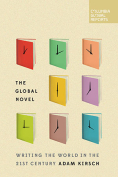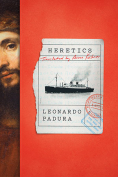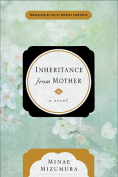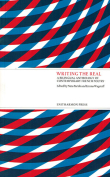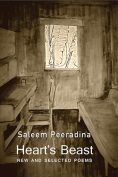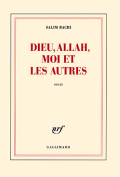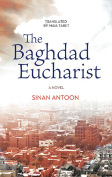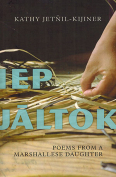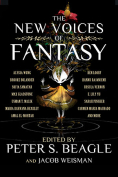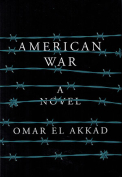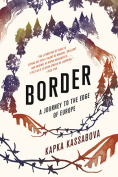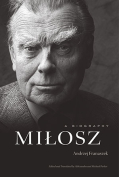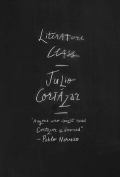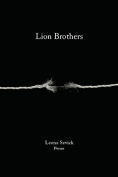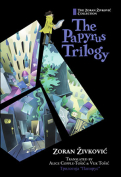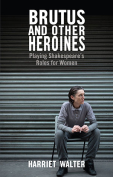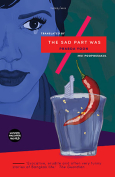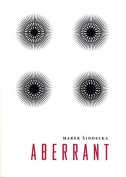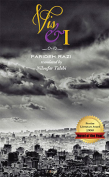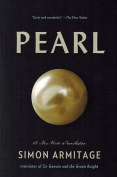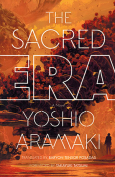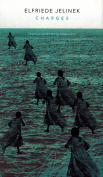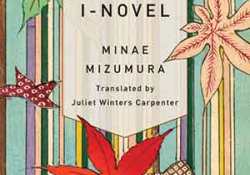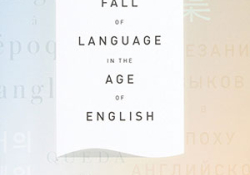Inheritance from Mother by Minae Mizumura
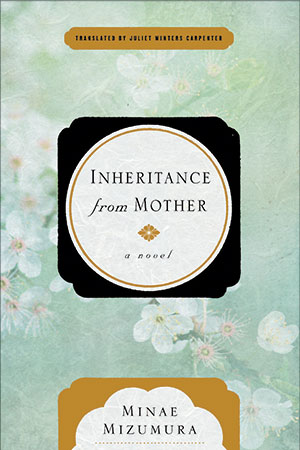 New York. Other Press. 2017 (© 2016). 446 pages.
New York. Other Press. 2017 (© 2016). 446 pages.
This novel, originally published serially in Japan’s largest newspaper, begins with two middle-aged Japanese sisters discussing the money left behind by their recently deceased mother. “How much do we get back from [the nursing home]?” sister Natsuki asks. And, “What’ll you use the money for?” the other queries. Following this cold open, Minae Mizumura takes up a familiar scenario in modern-day Japan: a fiftysomething woman—in this case, Mitsuki Katsuura, who works part-time as a college language instructor—becomes caretaker for her dying mother.
Mitsuki hasn’t yet forgiven the capricious and demanding Noriko for shoving her father into a nursing home and abandoning him in order to carry on with a seedy voice teacher. Nor has she forgotten that in childhood her elder sister, Natsuki, was her mother’s favorite. Nevertheless, duty calls. While dealing with her own failing health and the shock of learning about her husband’s latest lover, she gives in to her mother’s every whim. In the second part of the novel, Mitsuki holes up at an exclusive resort in Hakone she’d once visited with her mother to decide what to do about her unfaithful husband.
In spite of the novel’s serious and somewhat mundane themes, a sense of mischief pervades. Mizumura manages to weave in a history of modern Japanese literature, along with echoes of Camus and Flaubert. Sly, and sometimes self-referential, she mentions The Golden Demon, Japan’s first serial novel, which was in fact based upon an American dime-store novel; Wuthering Heights, the basis of her own novel, A True Novel; and Natsume Sōseki’s unfinished serial, Light and Darkness, which she attempted to complete. “She herself was the offspring of a serial novel,” Mitsuki observes at one point.
In Japan, Mizumura is known to be a stylistically innovative writer. Both the author and her frequent translator, Juliet Winters Carpenter, have commented upon the difficulty of rendering her experiments into English. It is no doubt in great part thanks to Carpenter, then, that this novel reads so effortlessly. Perhaps Mizumura’s most audacious act in writing this story was to make her main character a relatively ordinary middle-aged woman. Toward the end, Mizumura writes, “In the eyes of society, she, Mitsuki, hardly existed. At her age, she wouldn’t even make a good heroine in a novel.” Au contraire. An Inheritance from Mother is a masterful work with the power to endure.
Suzanne Kamata
Tokushima, Japan

